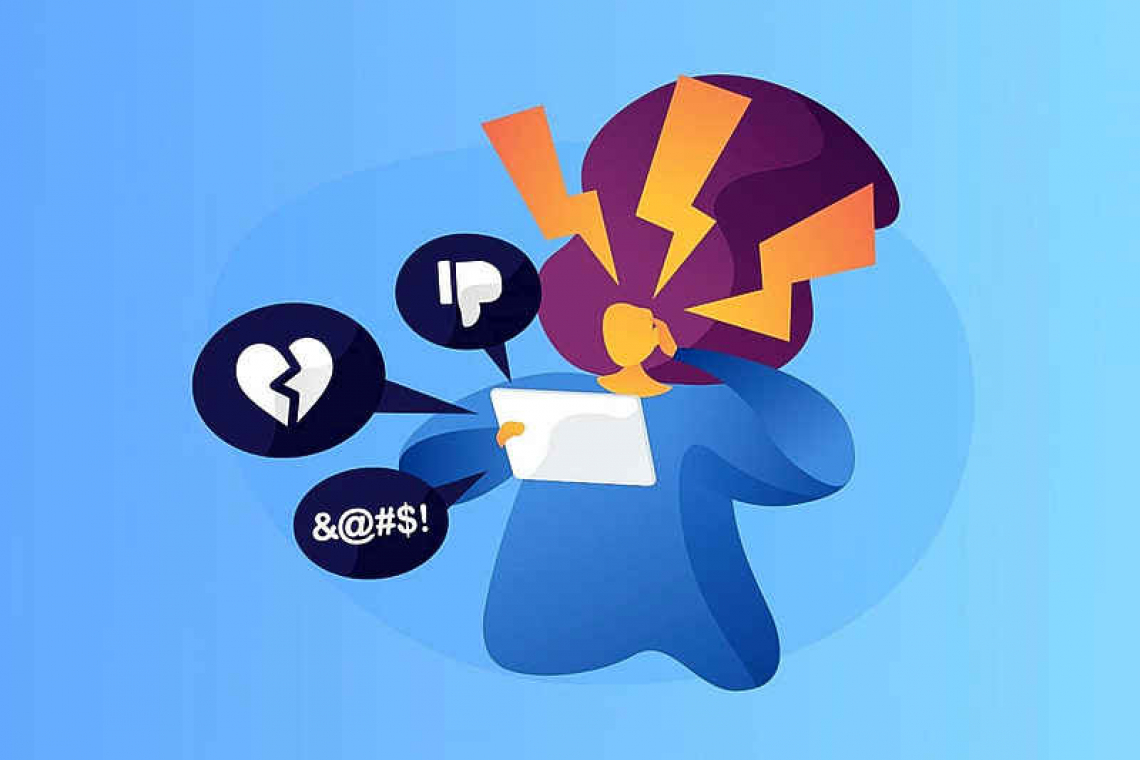Authors: Colin Michie, Jon Davidow
“And when a child is born into this world, it has no concept of the tone it’s skin living in.”
“7 Seconds” Neneh Cherry and Youssou N’Dour
Many adults rate their youth as the best time of their lives. After all, the music was better, food seemed tastier and life full of surprises. Life was simpler and more worry-free. When I ask youngsters in clinic, “What matters to you?”, they describe their next sports games, get-together or party. Children can seem to live in the moment more comfortably than adults, coping well with their ups and downs. Youngsters may appear as being less interested in comparisons, more interested in sharing, friendship and big questions.
The problem!
We should not assume we know everything about our youngsters. Across our planet, one in three children has been bullied in the past 30 days. Bullies intend to cause pain by repeated episodes of physical acts, words or social behaviours. This may start in the family home – up to 40% of children may be subject to bullying from siblings, for instance. More commonly, though, bullying is reported in school or after-school activities: it might involve up to two thirds of children.
The most vulnerable are those from poorer communities, refugees, immigrants or those with disabilities. For instance, inspections of British schools several months ago reported high rates of sexism and racism manifesting as bullying. Differences in age, skills, height, body shape, voice, skin, birthmarks, teeth or hairstyles can all be used to mock, exclude, insult or intimidate. Just not being “cool”, or having eccentric tastes in music may be enough. Bullying often spreads through rumours, possibly online in chats or games.
Cyberbullying increases vulnerable audiences with nowhere to hide from repeated aggression and hidden from adult supervision. Bullies themselves are frequently anxious, frightened or determined to defend their social status, their parents or families. They, too, experience powerlessness, passing it on by punishing others. Younger bullies often have social fears of their own, which may be driven or encouraged by internet addiction.
Yet all children have the right to protection from all forms of physical or mental violence or abuse. They have a right to an education. Bullying in childhood is recognised by the WHO as a public health problem. International recognition of this represents great social progress. International comparisons suggest bullying varies greatly between countries in its frequency and in the national approaches to tackle it.
Health impacts not just the victims who suffer.
Unhealthy mind-sets linked to bullying, whether as a victim or perpetrator, often contribute to illness over time. Just as surely as our school-age body shape or coordination tends to predict how we appear as adults, bullying might determine how we respond to strangers, to novel situations or stresses as we become older. It may be associated with lower grades, school refusal, anxiety, depression, substance misuse, eating disorders and suicidality. Studies of thinking patterns find that boys are more prone to violent thinking in general. However, multiple victimisations, often the consequence of bullying in school, increase the development of violent fantasies in both sexes.
Victims of school bullying risk physical problems too. Stammering, bed-wetting or poor concentration can develop in young children. Non-specific headaches, abdominal pains or recurrent non-specific malaise are seen in some older children. Bullies do not succeed in the health stakes either. Their actions are often rooted in anxiety, with the consequence that their own emotional and mental wellbeing suffers, sometimes with physical symptoms.
Actions are effective!
Dealing with bullying should start around the kitchen table. When a child or loved one comes to us with problems at school or in the playground, or begins to become anxious, it’s our job to help them explore what’s going on and find ways to help. Families often build coping habits. Competition is one thing, bullying is another. Do you recall your parents teaching you to fight back, or laugh such events off? Interventions to reduce bullying are particularly effective if they are community based and include schools. After all, schools are powerful engines of social change – they help reduce victimization and distress. They can remove stigmas and develop strategies to reduce teasing and harassment in their pupils.
Step off!
Life events can be unexpectedly cruel, with the potential to shape our own health and those around us. Preventing harms, changing those trajectories of life must start with children. The Covid-19 pandemic has shown us that discovering how others seek help, supporting wellbeing and mental health are everyone’s business. In a world where we can be anything, it is best to be kind. We can all make the tapestries of children’s lives more magical. St. Martin is, after all, the friendly island!







